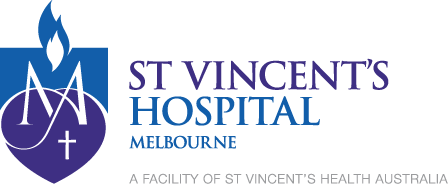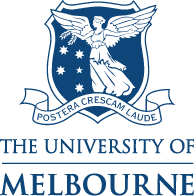The ASPIRE network
The close association between mental disorders with poverty and social exclusion presents a significant barrier to the region’s economically developing nations. Sub Mekong nations lack the trained workforce required to meet the challenges of escalating drug-related issues; the psychosocial impact of disasters and the impact of interpersonal violence/victimization on women and children.
In response to a request from partners in the sub Mekong region, AAMH has joined forces with WHO’s Western Pacific Regional Office, University of Rochester (US), and the University of Oslo (Norway) to create a new network for service development reform, collaborative research and training.
The new research network will be a valuable addition to the Asia Pacific Community Mental Health Development Project (APCMHDP), which has since 2005 been connecting leaders in mental health from across the region.
ASPIRE aims to forge a regional collaborative network for service, research, & education devoted to improving the lives of women and children, the elderly , and persons with mental disorders. In addition, ASPIRE is intended to foster “umbrella projects” that can generate better cross-national and cross-cultural understanding of how best to define, evaluate, and treat both common and serious mental health conditions, while supporting local efforts that are designed to address specific national needs.
ASPIRE Forum (Hanoi, Vietnam)
The inaugural Asia-Pacific International Research and Education (ASPIRE) Forum will be held in Hanoi 14-15 April 2014. The inaugural forum of the ASPIRE network will focus on two areas;
1) Developing appropriate mental health care that addresses maternal and child health – specifically examining perinatal depression and mental health disorders, assessing their impact on mothers and their families.
2) Design for integrating mental health service delivery into primary care and community settings.
There will be two concurrent streams following the opening ceremony. The first group will develop an umbrella research protocol for studying maternal health, building on an existing proposal by participants in the Sub-Mekong Region Mental Health Collaborative. The second will address the opportunities for integrating mental health into primary care and community services, examining results of efforts already underway in China.
In support of the overall network goals, AAMH has also been successful in securing 9 Australian Leadership Fellowships for emerging mental health leaders from Myanmar and Laos for field study at The University of Melbourne and Victoria. Further network meetings possibly in Myanmar are also in planning.



